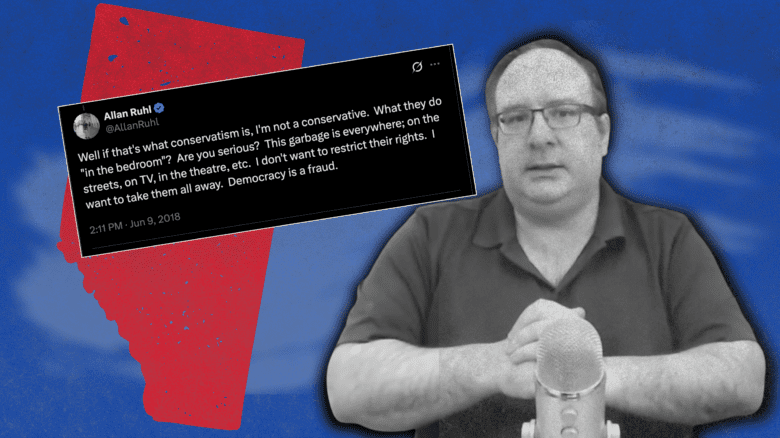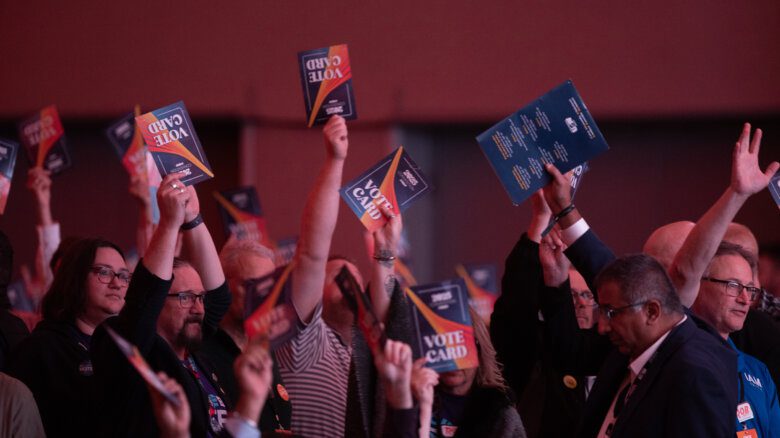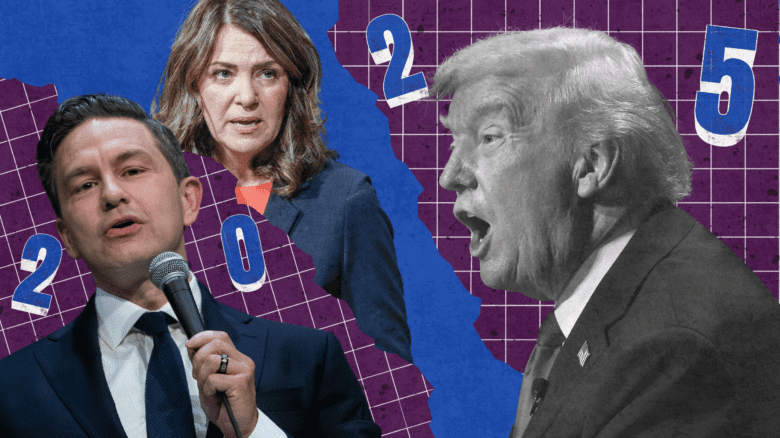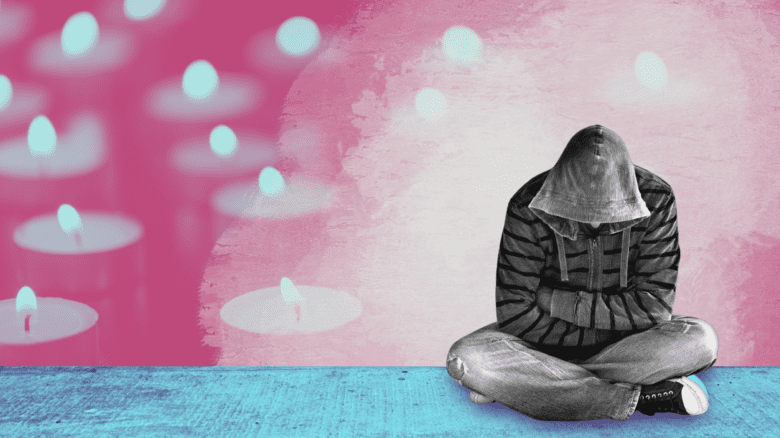I recently caught up with veteran out Liberal MP Rob Oliphant, who is relishing his duties as parliamentary secretary to the minister of foreign affairs.
“I have a great minister,” Oliphant says of foreign affairs minister Mélanie Joly, and that it makes the work more enjoyable.
Oliphant was first elected in 2008 in the Toronto riding of Don Valley West. He was defeated in 2011, returned to the House of Commons in 2015 and has won every election since.
“I’ve had five elections, and won four. Winning’s better,” Oliphant quips.
Prior to that, Oliphant spent most of his career, some 24 years, as a United Church minister after a brief stint as an accountant, but says he enjoys being an elected politician, particularly with his work as parliamentary secretary. Lately, he has been undertaking a series of official visits to countries in Africa, including Senegal, Nigeria, Egypt, Morocco, South Africa, Malawi and Tanzania, which have given him an opportunity to raise LGBTQ+ issues in those places.
“It is raised in every forum,” Oliphant says. “Right now, I am working on the strategy of Canada’s foreign policy for Africa—I’ve had three trips in the last seven weeks [as of the interview in late June] and I’ll be going back again. Of course, those issues are economic, they are bolstering people’s understanding of the war in Ukraine by Russia—for African countries to understand the position we have. I look at issues of human security, food security, military issues in different countries, but human rights issues play strongly.
“Canada’s got a strong agenda both on women’s rights and LGBTQ+ rights, and they’re raised on every trip,” Oliphant says. “We’ll celebrate a country like Angola, which has decriminalized [homosexuality] and we will push other countries that continue to penalize.”
One of Oliphant’s recent trips was to Egypt, a country notorious for its treatment of LGBTQ+ people, who can face arbitrary arrest, detention in inhumane conditions and ill treatment, including torture, while guards incite fellow inmates to abuse them.
“I was there five years ago, and I raised the generic issue of human rights quite strongly with the president Abdel Fattah el-Sisi,” Oliphant says. “He was concerned about education, healthcare and business growth, and he was going to wait to do a human rights agenda. I suggested to him that you can’t wait to do human rights because they go hand in hand.
“You build your economy and you build your prosperity by having a human rights regime that attracts investment,” Oliphant continues. “Canadian firms do not want to invest in a country with fragile human rights regimes. They want to invest where there is going to be transparency, social responsibility and LGBTQ+ rights.”
Oliphant says that there has been progress in Egypt in those five years, and on his most recent trip, he met with the chair and one of the vice-chairs of the newly established Human Rights Commission, which did not exist previously.
“We talked about the human rights agenda—it’s very slow, but there is now a commission that’s charged with doing it,” Oliphant says. “On that first trip to Egypt, I also talked to head of the Coptic church and the head of the Sunni religious sect in Egypt, because you realize that secular society and religious society are woven together in these countries, and when you’re talking human rights, you can’t just talk to government—you have to talk to others as well.”
Oliphant says that over his time as an MP, he’s also served as the chair of the public safety and national security committee, as well as the immigration committee, and he still keeps tabs on some of the issues, such as the conditions in prisons.
“I continually follow up on that to ensure that we have humane and good treatment of prisoners, and also of PTSD treatment for corrections officers, police officers and emergency responders,” Oliphant says. “Those are issues I cared about then, and I still follow up on. I was constantly trying to renew our immigration system. I’ve always said we need an immigration system that starts with yes, not with no.”
Oliphant notes Canada’s current labour shortage and an aging population, which ties to the government’s Africa strategy, as they have a younger population. Oliphant also notes his work on the issue of Medical Assistance in Dying (MAID), as well as genetic discrimination, where he sponsored the Senate bill in the House of Commons. Then-Attorney General Jody Wilson-Raybould objected to the legislation, prompting Cabinet to vote against it, but it passed and has since survived a challenge at the Supreme Court of Canada.
“I was proven right on that,” Oliphant notes. “I said we wouldn’t have a prosecution and we haven’t had a prosecution, because insurance companies want to follow the law. It’s a sea change for people who were facing genetic discrimination.”
When it comes to his work as an MP in Toronto’s Don Valley West riding, Oliphant notes that he has a riding that is very north-south—the north is quite wealthy, while the south has a lot of poverty. When it comes to the southern portion of the riding, Oliphant says the change over the past 14 years has been dramatic.
“I can attribute it mostly to the Canada Child Benefit,” Oliphant says. “I see families that now have income that they’ve never had before. It’s quite incredible that the lower-income families have kids with the right clothes, school materials and future opportunities.”
When it comes to LGBTQ2S+ issues that Oliphant has been working on, he lists the conversion therapy ban as one success, particularly that the second bill was stronger than the first.
“We raised the issue and we’re now taking it around the world,” Oliphant says. “I’m encouraging parliamentarians in other countries to take on the issue of conversion therapy. The blood ban is something that we’re still not there yet, but we’re getting close. We’ve now changed the mindset so that it should be a behavioural model as opposed to an orientation model, but it’s taken a long time. I’m looking forward to giving blood.”
With that, Oliphant has to leave the interview to shepherd two interns from the Danish embassy around Parliament Hill, the work of parliamentary diplomacy never stopping.
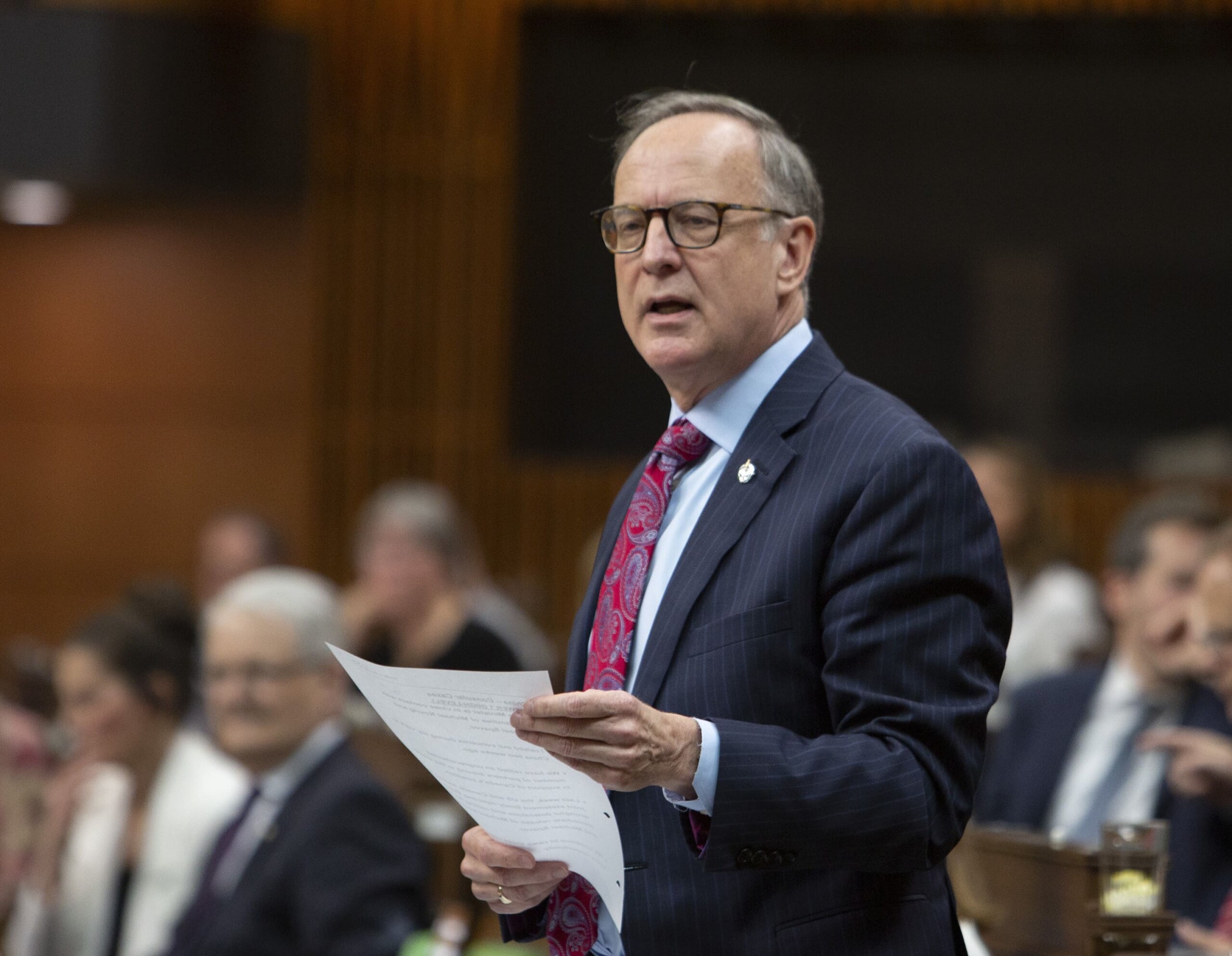

 Why you can trust Xtra
Why you can trust Xtra